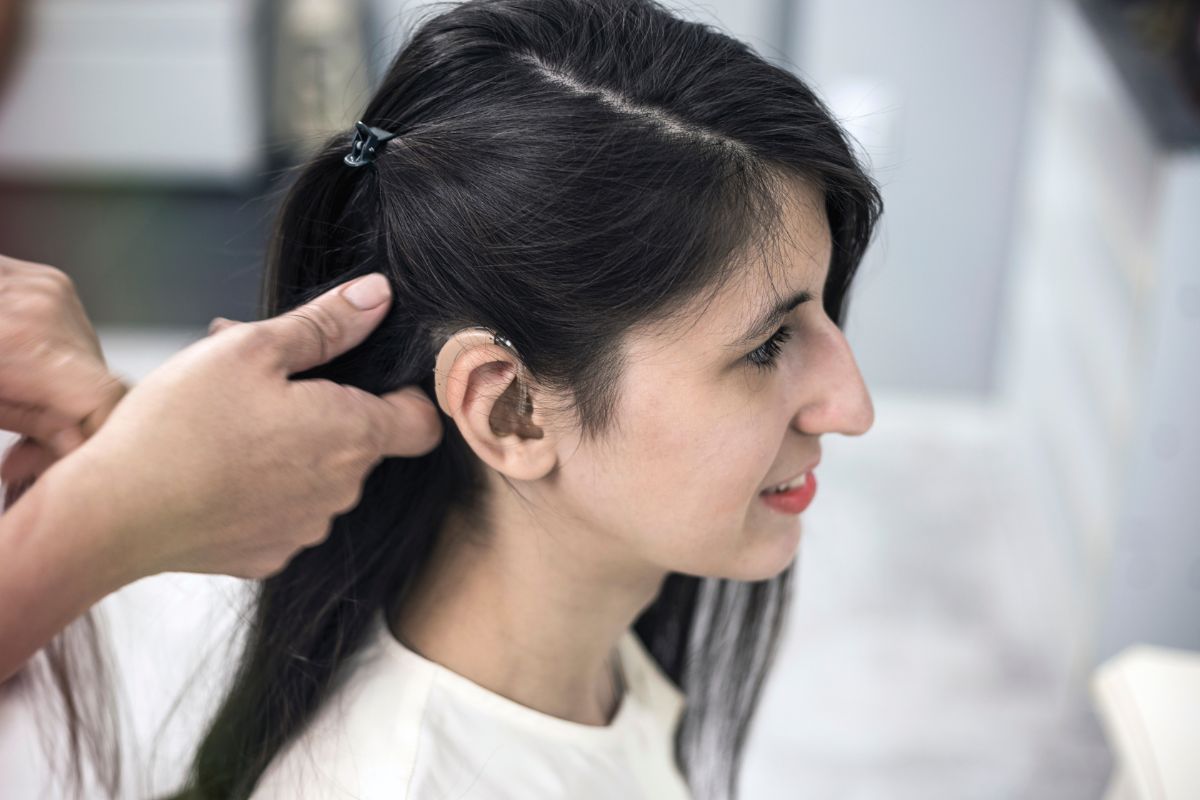TRICARE does cover hearing aids and hearing services for certain people but not for everyone.
Put simply, hearing aids are available through TRICARE for those who are active service members and their families are also covered.
It doesn’t cover hearing aids for those that are retired and their families, however. Read on for more information and what it covers!
Table of contents
What is TRICARE and Who is Eligible?
TRICARE is a health insurance company that provides insurance and assistance to a lot of different service members.
This includes services such as the National Guard, reserve members, former spouses and family members of the military, as well as some survivors.
There are lots of different groups who are eligible for TRICARE. Most people who are listed in the US Department of Defense’s are eligible.
Under TRICARE all uniformed military service members and the families of these members will get comprehensive cover for their health, oral health and prescriptions.
The following groups of people are eligible for TRICARE:
- Uniformed service members
- Uniformed service members’ families
- Survivors
- Those who have received a Medal of Honor (and families)
- Others who are in DEERS (Defense Enrollment Eligibility Reporting System)
- Previous spouses
Hearing Aid Coverage
TRICARE does cover hearing aids for certain people, however you do have to meet certain hearing loss criteria in order to be fully covered. These requirements are as follows:
- Adults must have a hearing loss of 40 dB in either one ear of both ears. You also have to score under 94% on a speech recognition test. This will be determined in a test that is done by a doctor. You must have evidence of this from your doctor.
- In children, you must have a hearing threshold under 26 dB in either one ear or both ears.
Hearing loss is usually identified in two different ways. These are known as flat and high-frequency losses.
The symptoms are slightly different for both and so your doctor should be able to determine which one you are suffering from.
High-frequency loss refers to the ability to hear the sounds but not understand usual speech. Flat hearing loss is to do with the sounds appearing further away or lower in volume.
Flat hearing loss means that you find it harder to hear common sounds or you can’t hear if someone is speaking to you from a distance.
TRICARE covers hearing aids for those who fit these criteria.
Hearing Aid Coverage for Veterans
TRICARE doesn’t provide this coverage for retired service members, however. You will need to look elsewhere for this if you fit into this category.
Don’t worry too much though, there are other options available! You may be able to get assistance in this regard from other government programs.
The Department of Veterans Affairs is one option that you have to consider. In order to check if this applies to you, you will need to register in person by attending a VA Medical Clinic or online or by mail.
You will have to give a copy of your DD214 and some identification, such as a driver’s license. If it applies, you will also need some proof of your health insurance.
If you are successful at registering for the VA and you undergo a test to confirm your hearing loss, you will be able to get hearing aids, repairs and batteries for free.
You also have the option of the Department of Defens’s Retiree-At-Cost Hearing Aid Program.
While you may not be able to get a hearing aid at no cost whatsoever, you will get significant offers and deductions. To find out more about this you will have to contact the clinics directly.
Symptoms of Hearing Loss

There are many different signs and symptoms of hearing loss. If you notice any of the following symptoms, you will have to book an appointment to get a hearing test.
- Muffled sounds and speech.
- Difficulty understanding consonants.
- Misunderstanding words, especially when there is a lot of noise in the background.
- Asking people to repeat themselves or speak more slowly and clearly.
- Having to have the television or the radio on very loud.
- Withdrawal from conversations due to inability to hear.
- Avoidance of social settings.
What Does TRICARE Cover?
TRICARE covers many different things that affect your health. It covers services that are medically necessary.
It will have to be proven that you need the care that you are asking for and that the treatment that you are seeking is reasonable and necessary.
Final Thoughts
TRICARE does cover hearing aids for some people but not for everyone. Hearing aids are available for those who are active service members and their families.
However, they are not covered for those who are retired and their families. In these cases, there are some other options for finding cover for your hearing aid needs.
Frequently Asked Questions
During the diagnosis process, you will have to undergo a few hearing tests. These tests are used to diagnose hearing loss. A physical examination will start you off.This is where your doctor will look into your ear to find possible causes for your hearing loss. Sometimes, earwax may be stopping you from being able to hear well. Sometimes, an inflammation from an infection is what might affect this. There may also be some structural causes and so your doctor will look for these too.
There are a few things that show early signs of hearing loss which you should look out for. If you are creating a stifled sound, or you notice this in your child, then you should get your hearing checked.
Also, if you feel like you’re putting in a lot of effort during social gatherings and you feel tired afterwards then you may want to get checked. Also, if you notice yourself reading lips rather than giving eye contact during a conversation then this can be an early sign. If your ability to hear changes due to the background noise then this can be an early sign. Tinnitus, or a ringing in your ears can indicate hearing problems.
